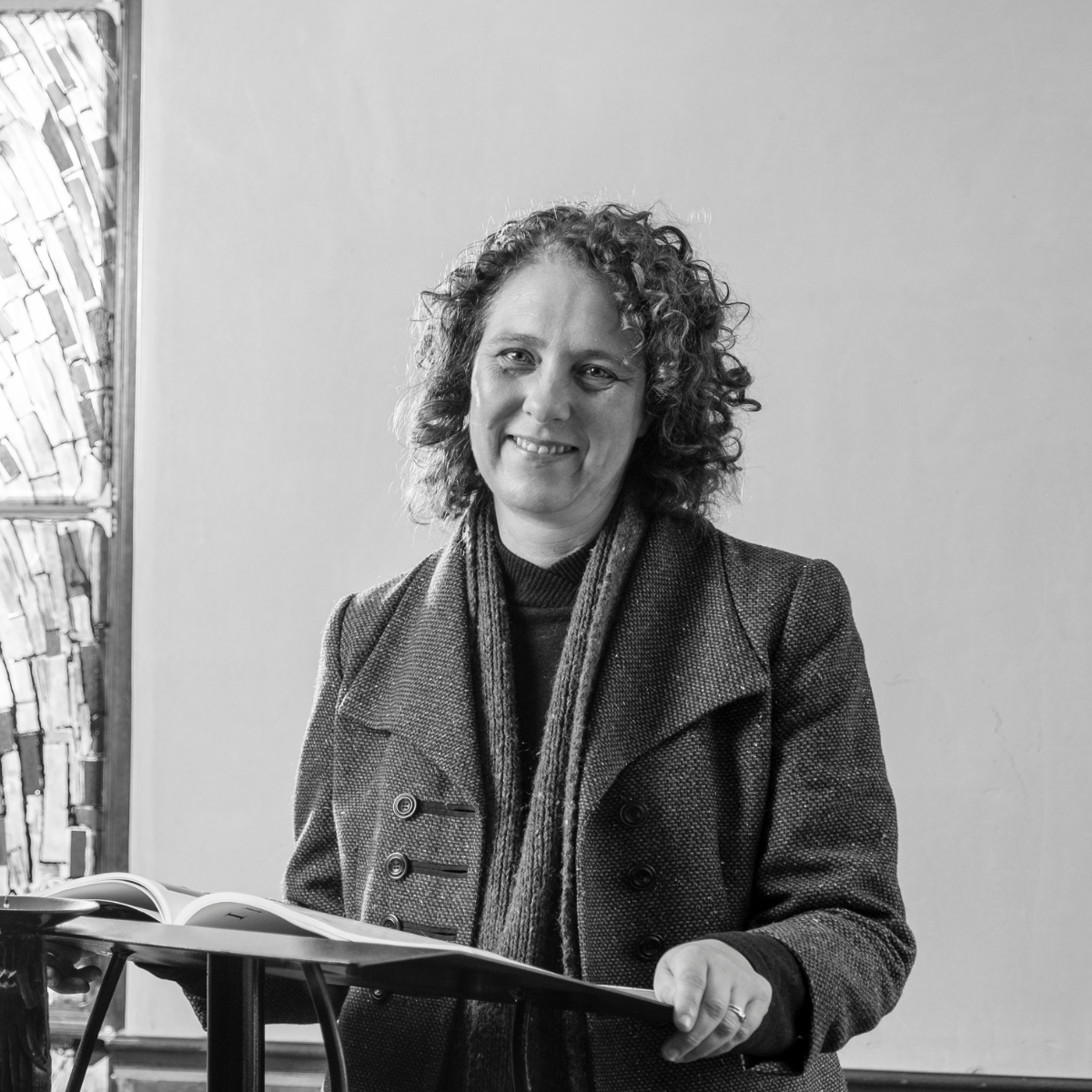Commentary on Isaiah 58:1-9a [9b-12]
On the surface, this week’s lectionary text is about people doing everything right. They are very religious; one would say, seeking God, and doing what they can to know God’s will and to draw near to God (verse 2). And yet, as the first verse proclaims, God announces not deliverance but judgment to the people (verse 1).
How did things go so wrong? After all, Isaiah 58:1-12 expresses a keen yearning for God, and continuing themes throughout Deutero-Isaiah (Isaiah 40-55) represented the hope for God’s presence, delivering the people from bondage and satisfying the needs of the afflicted. However, profoundly capturing the post-exilic reality underlying Trito-Isaiah, one finds in this text that the sheer exuberance of a Deutero-Isaiah, which in jubilant terms proclaimed the return of the exiles and the restoration of Zion, has given way to disillusionment and despair, pertaining to the challenges facing the community after they had returned from Babylon. We know from other books of the same time (Ezra, Nehemiah, Haggai, Zechariah, Joel, and Habakkuk) of the hardships, famine, failed crops, drought, and the internal strife between the exiles and the inciles. And as before the exile, also the lack of justice. Thus, a central question at the heart of this week’s lectionary text is how God is present in a context with so much misery, poverty, injustice, and infighting.
God’s presence in Isaiah 58:1-12 should be understood in terms of God’s justice that runs like a golden thread throughout the book of Isaiah. In Isaiah 5:7, one, for instance, heard God’s anger at a people who confused justice (mishpat) with bloodshed (mishpah), righteousness (sedekah) with an outcry (seakah). In the reality of bloodshed and outcry, the image of a God who hears the victims’ cries, and who is not blind to the injustices of those most vulnerable serves as a reminder of the claim that God is exalted in justice.
Moreover, in Isaiah 42:1-7, God’s servant, either an individual or the community as a whole, is charged with the call to bring forth justice. The servant, who is called the light to the nations, serves as an agent of deliverance and healing (see also verse 7, “to open the eyes that are blind, to bring out the prisoners from the dungeon, from the prison those who sit in darkness”).
However, in Isaiah 58:1-12, the prophet writing in the name of his predecessors is deeply frustrated that people’s priorities are so skewed. The people appear to be deeply religious, seeking God, delighting in God’s ways, and drawing near to God (verse 2), but rather their actions show a severe disconnect between their theology and ethics. They are yearning for God’s presence; they think they are seeking God’s ways and hence engage in religious activities such as regularly keeping the fast.
But similar also to Amos 5:21-23, in which God unequivocally pronounces that God hates/ despises the people’s religious festivals with all the praise songs and the various sacrifices which God refuses to accept, one finds in Isaiah 58:3-7 that the prophet, speaking for God, is calling out their hypocrisy. Thus, when they call out to God, asking why God has not heard their cries or noticed (recognized) their efforts in fasting and humbling themselves before God, the prophet supplies God’s answer in the first person: The reason why God is not impressed with their religious activities is that their fasting is entirely self-serving. They may observe fast days but are guilty of oppressing their workers and living in discord with their neighbors. But worse of all is that they neglect those who have real needs in their community: the hungry, the homeless, and those who lack adequate clothing. Poverty has become a yoke crushing the poor; the bonds of injustice make it impossible to escape.
As in Micah 6:6-8, in which God challenges the core of the religious practices of sacrifices and burnt offerings and instead prefers acts of justice and mercy, God in Isaiah 58:5-6 gives new meaning to the fast that God chooses. God’s idea of an act of devotion is to break the yoke of injustice and to undo the chords that keep such a yoke in its place. To do justice thus implies quite vividly removing all barriers that weigh people down. In verse 7, practical examples of such justice-enhancing acts are given in feeding the hungry, sheltering the homeless, and clothing the naked.
In Isaiah 58, there is a clear connection between justice and liberation and God’s presence. Sally McFague famously said, “If God is absent from this world, it is because we are” (Life Abundant, 151). And conversely, whenever people take up their vocation to see justice, to tend to those who suffer, God’s presence breaks into the world, as in the reference in verse 8 that God’s glory will be a rear guard to you, thus a source of protection against forces that pursue one from behind. In verse 12, people are called to be “repairers of the breach and restorers of the street.” What a beautiful image of healing and restoration in a world that has come undone.
Judah is called to restore and mend the divided community, mirroring God’s restorative action outlined in Deutero-Isaiah—one could say “to represent and resemble God in the world” in what typically is described as Imitatio Dei. As James Mays writes: “The Israelites’ identity and destiny as the people of the Lord is a movement toward the realization of humanity’s identity and destiny as image of God” (“The Self in the Psalms and the Image of God,” 39). In this regard, the Jewish notion of Tiqum Olam, the mending of the world, comes to mind. It might be good to consider how our actions, great and small, can play a role in mending the world as we are called to follow God in building, restoring, feeding, clothing, caring, and repairing individuals and a community in need. This text can help us think of ways in which we truly can make God present in this world, of how we can act for good, and take up the responsibility to make our respective corners of the world, a little better.
Works Cited:
- Mays, James Luther. “The Self in the Psalms and the Image of God.” Pages 27-43 in God and Human Dignity. R. Kendall Soulen and Linda Woodhead (Eds). Grand Rapids: Eerdmans, 2006.
- McFague, Sallie. Life Abundant: Rethinking Theology and Economy for a Planet in Peril. Minneapolis: Fortress, 2001.


February 5, 2023